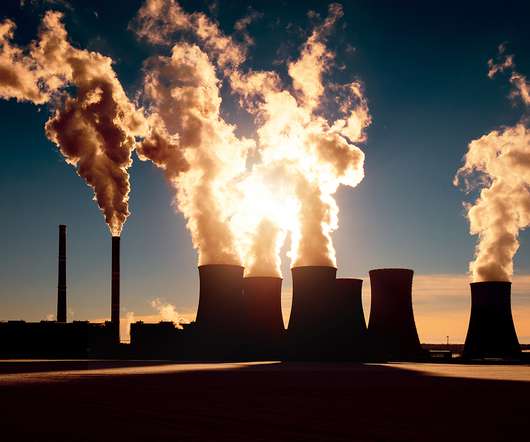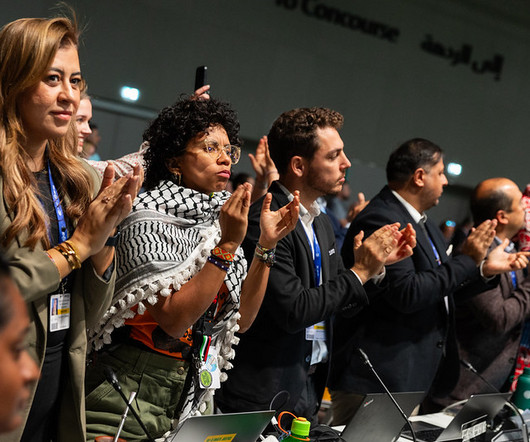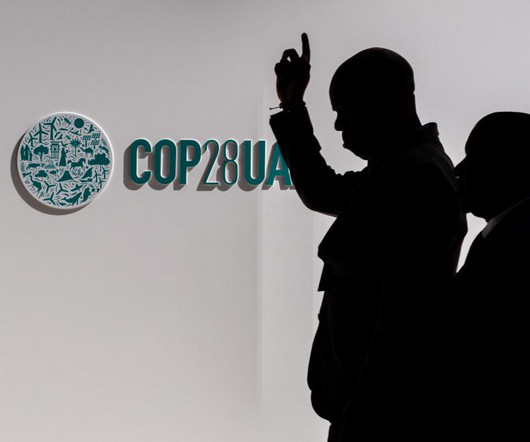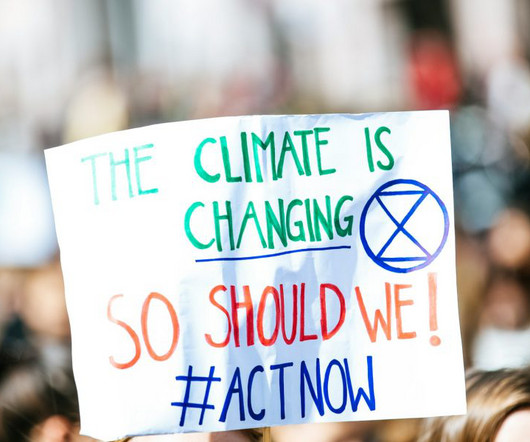Updated climate commitments ahead of COP26 summit fall far short, but net zero pledges provide hope, says UNEP report
Envirotec Magazine
OCTOBER 26, 2021
New and updated climate commitments fall far short of what is needed to meet the goals of the Paris Agreement, leaving the world on track for a global temperature rise of at least 2.7°C C this century, according to the UN Environment Programme’s (UNEP) latest Emissions Gap Report 2021: The Heat Is On. per cent in 2020.


















Let's personalize your content